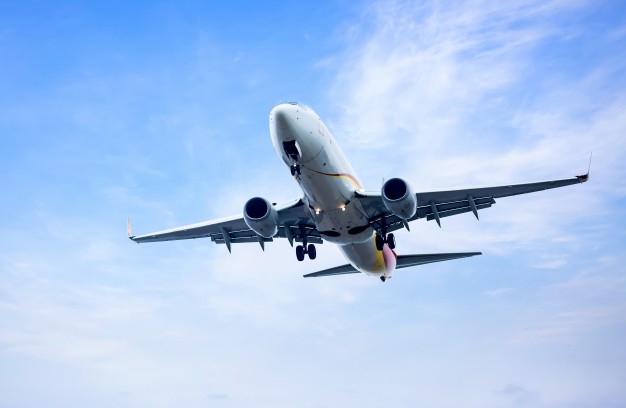International students are still unsure about how the New Zealand restrictions on travel will impact their studies this year.
However, Immigration New Zealand has paused visa processing for most people living outside of New Zealand until at least August 5, 2022.
According to Chris Whelan, chief executive of Universities New Zealand Te Pkai Tara, it takes roughly five months for international students to meet visa requirements, plan travel, and do everything else required to reside in New Zealand. He added that they “need confirmation now if they are going to be able to arrive in time for our universities’ second semester in June and July.”
“Although the government has said it will begin a staged reopening of the border to fully vaccinated foreign nationals from April 30, 2022, international university students wanting to start, continue, or finish studies in person need to know when they can enter after that date,” said Whelan.
The latest global COVID-19 outbreak is jeopardizing the country’s ambitions to begin a progressive reopening of its borders to foreign nationals. This includes permitting New Zealanders traveling from Australia to enter the country on January 16, 2022, while citizens and residents from all over the world would be able to return on February 13, 2022. It was announced in December that resident travel to New Zealand would be delayed until the end of February. This was done to provide New Zealanders time to get their booster shots before returning.
There seem to be no announcements on how non-residents, especially overseas students, will enter New Zealand. Scientists, on the other hand, have encouraged the government to postpone reopening plans until more research on the variation is completed.
While overseas students can enter New Zealand as early as April however the announcement of visa processing services being suspended for students until August casts question on whether students would be able to return before the commencement of their second semester.
“Three cohorts of border exceptions totaling 1,550 international university students have been granted to date but most of Aotearoa New Zealand’s existing and prospective international students remain offshore, uncertain,” said Whelan.
The absence of clear information on New Zealand travel, on the other hand, is the most worrying. According to Ainslie Moore, acting director of international operations at the University of Auckland, this is by far the major barrier for students.
“The uncertainty around the timing and isolation process for entering the country is the main barrier,” she said. “When students offshore are granted a border exception they apply for a visa, then a spot in MIQ (managed isolation and quarantine). Visa processing for these students has been smooth and timely, but access to MIQ is constrained. Some eligible students with visas in hand are still without a MIQ spot.”
Overseas students are pleading with government officials to offer them more openness in this matter, and have launched an online petition requesting for their release, as well as clarification on:
- When student visa applications for overseas international students open
- If international students will be caught by “outrageous restrictions” such as MIQ (managed isolation and quarantine)
- If the government has alternative plans for those who do not meet the work visa criteria regarding the number of hours spent studying in the country
- If students who were unable to have a full university experience in New Zealand will be offered any compensation, such as in the form of tuition fee discounts
Some students will have spent their whole university experience online if they are unable to enter the nation before the start of their second semester. The government granted exemptions for 250 Ph.D. candidates and 1,000 other international tertiary students to return for their study in October 2020.
A doctorate candidate from Pakistan, Tuba Azeem, was also denied entry to New Zealand as a result of this instruction. Because she was unable to receive her Ph.D. allowance due to her location, she was compelled to marry, something she claims would not have occurred if she had been able to complete her studies. She emphasized her inability to pursue higher education in order to acquire the “regular training that any other Ph.D. student should be receiving in order to complete their study.”
“It’s simply affected my mental health on a whole other level,” she explained to the New Zealand Herald. “If the situation doesn’t get any worse, I am expecting to be in New Zealand in 2023 just to submit my thesis,” she added.
Read all the Latest News here. Follow us on Facebook, Twitter, Instagram, and LinkedIn.


















Add comment